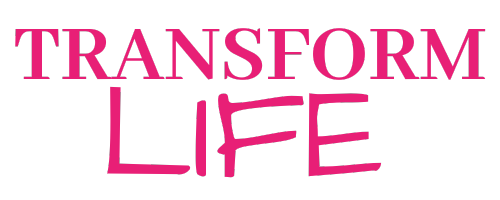
Effective communication is the cornerstone of human interaction, influencing relationships, productivity, and overall well-being. When individuals face challenges in expressing themselves or understanding others, it can lead to frustration and barriers in everyday life. Positive Behaviour Support (PBS) offers a framework that not only addresses behavioural challenges but also significantly enhances communication skills. By focusing on the underlying causes of behaviour and fostering a supportive environment, PBS empowers individuals to communicate effectively and meaningfully.
Understanding Positive Behaviour Support
At its core, Positive Behaviour Support is a proactive approach aimed at improving quality of life and decreasing problem behaviours. Unlike traditional methods that may focus solely on punishment or compliance, PBS emphasises understanding the function of behaviours and promoting positive alternatives. This approach recognises that behaviours, including communication barriers, often serve a purpose, such as seeking attention, avoiding tasks, or expressing frustration.
Creating a Supportive Environment
Central to PBS is the creation of environments that support individuals in expressing their needs and desires. By identifying triggers and antecedents that contribute to challenging behaviours, caregivers and support networks can implement strategies to mitigate these factors. For instance, modifying physical environments or routines can reduce anxiety and enhance the individual’s ability to engage in meaningful communication.
Reinforcing Positive Communication
PBS emphasises the importance of reinforcing positive behaviours, including communication attempts. This positive reinforcement encourages individuals to use appropriate communication strategies rather than resorting to disruptive behaviours. By acknowledging and rewarding efforts to communicate effectively, PBS cultivates a cycle of success and motivation.
Teaching Alternative Communication Skills
For individuals with communication difficulties, PBS offers systematic methods to teach and reinforce alternative communication skills. This may involve using visual supports, augmentative and alternative communication (AAC) devices, or teaching specific vocabulary and gestures. By providing these tools and opportunities for practice, PBS empowers individuals to overcome barriers and participate more fully in social interactions.
Building Collaborative Relationships
Effective communication is also fostered through collaborative relationships between caregivers, educators, and support providers. PBS encourages teamwork and open communication among stakeholders to ensure consistency in strategies and supports. This collaborative approach enhances understanding of the individual’s communication strengths and challenges, leading to more personalised interventions and greater overall success.
Promoting Self-Determination
Central to PBS is the promotion of self-determination and autonomy. By involving individuals in decision-making processes and respecting their preferences, PBS encourages self-advocacy and confidence in communication. This empowerment fosters a sense of agency and encourages individuals to actively engage in learning and practicing communication skills.
Reducing Communication Barriers
Through its holistic approach, PBS aims to reduce communication barriers by addressing underlying factors that contribute to challenging behaviours. By promoting emotional regulation and providing tools for effective expression, PBS equips individuals with the skills needed to navigate social interactions and daily routines successfully.
Cultivating a Positive Support Network
Positive Behaviour Support extends beyond individual interventions to cultivate a supportive network of caregivers, peers, and community members. By promoting understanding and empathy, PBS creates an environment where communication challenges are met with patience and encouragement rather than frustration or misunderstanding.
Enhancing Quality of Life
Ultimately, the goal of Positive Behaviour Support is to enhance the overall quality of life for individuals by improving their ability to communicate effectively. By addressing communication barriers proactively and promoting positive interactions, PBS fosters a sense of belonging and empowerment.
Conclusion
Positive Behaviour Support offers a transformative approach to enhancing communication skills by focusing on understanding behaviours, creating supportive environments, teaching alternative skills, and fostering collaborative relationships. By embracing these principles, caregivers and support networks can empower individuals to overcome communication barriers and participate more fully in all aspects of life. Through patience, empathy, and a commitment to positive reinforcement, PBS paves the way for meaningful connections and improved quality of life for individuals of all ages and abilities.

Transform Life is a NDIS registered organisation that provides support for you and your family.
Book your consult with an experienced Therapist at Transform Life to explore how PBS can support you and your family.








